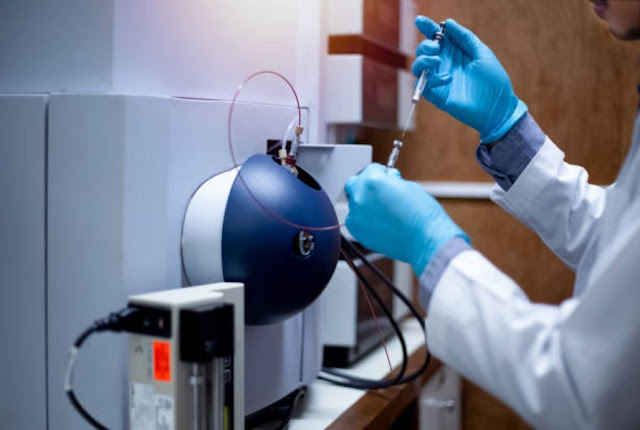Hydration-Meaning
Proper hydration is a cornerstone of overall health and well-being. Here are some key aspects of why staying adequately hydrated is crucial:
Physical Performance: Dehydration can significantly impair
physical performance. Even mild dehydration can lead to abridged endurance,
muscle cramps, and decreased strength. Athletes, in particular, need to
maintain proper hydration to optimize their performance.
Cognitive Function: Dehydration can impact cognitive
function, leading to difficulties with focus, memory, and decision-making.
Staying well-hydrated is vital for maintaining mental clarity and productivity.
Digestive Health: Adequate hydration is necessary for proper
digestion. It helps maintain the flow of digestive enzymes, facilitates the
breakdown of food, and prevents constipation.
Preventing Heat-Related Illnesses: Staying hydrated is
crucial for stopping heat-related illnesses such as heat exhaustion & heat
stroke, which can be life-threatening.
Weight Management: Drinking water beforehand meals can help switch
hunger & reduce calorie intake, which can be beneficial for weight
management.
Joint Health: Proper hydration is essential for joint
lubrication, which helps prevent joint pain and stiffness.
Skin Appearance: Hydrated skin looks healthier, with
improved elasticity and a reduced risk of dryness, flakiness, and premature
aging.
Factors Affecting Hydration Needs
Hydration needs can vary from person to person and are
influenced by several factors:
Climate: Hot and humid weather increases sweat production,
leading to higher fluid requirements. In contrast, cold and dry climates can
lead to increased water loss through respiration.
Physical Activity: Exercise and physical activity increase
the body's fluid needs. The intensity, duration, and type of exercise all
influence how much water should be consumed.
Age: Younger individuals generally have higher water needs
relative to their body size due to their higher metabolic rates. On the other
hand, older adults may have a decreased sense of thirst and may need to be more
conscious of staying hydrated.
Diet: Certain foods, especially fruits and vegetables, have
high water content and can contribute to overall hydration. Additionally, a
diet high in salt can increase fluid requirements.
Health Conditions: Certain medical conditions, such as
kidney disease, diabetes, and cystic fibrosis, can impact fluid balance and
hydration needs. Medications may also affect hydration.
Recognizing Dehydration
It is essential to recognize the signs of dehydration to
address the issue promptly. Common signs and symptoms of dehydration include:
Thirst: Thirst is the body's natural signal that it needs
water. It is one of the initial signs of dehydration.
Dark Urine: Dark yellow or amber-colored urine is a sign of
concentrated urine, which is a common indicator of dehydration. Light, pale
yellow urine is typically a sign of proper hydration.
Dry Mouth and Dry Skin: Dry mouth and dry or flaky skin are
common signs of dehydration.
Fatigue: Dehydration can lead to feelings of tiredness and
low energy.
Dizziness and Lightheadedness: Dehydration can cause
dizziness and lightheadedness, often accompanied by a rapid heart rate.
Headache: A headache can be a symptom of dehydration, as the
brain temporarily contracts when there is not enough water to support its
normal functions.
Reduced Urination: A significant reduction in urination or
dark urine is indicative of dehydration. Increased thirst with decreased
urination may signal a problem.
Muscle Cramps: Dehydration can lead to muscle cramps and
spasms, especially during exercise.



